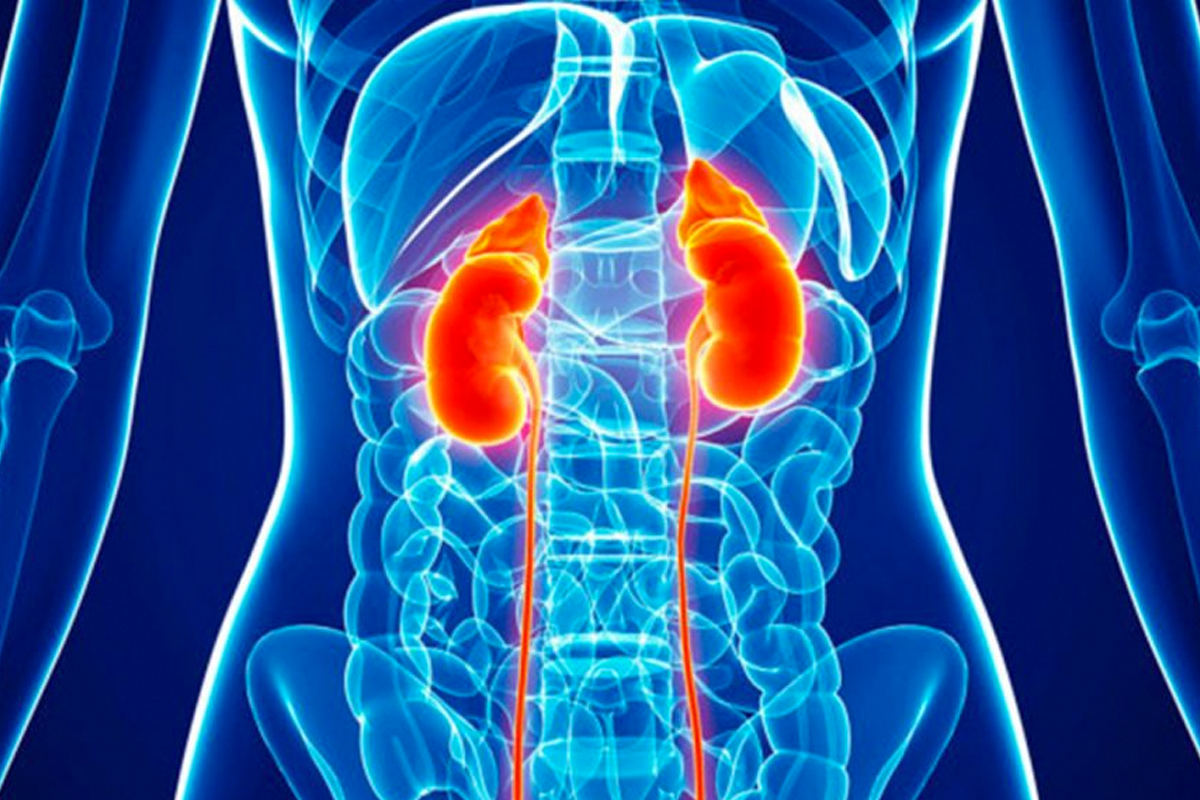
28 Apr Have You Checked Your Kidneys?
Have you been feeling off lately? Millions of Americans are potentially living with kidney problems, and don’t even know it. With so many symptoms and signs, it’s easy to mistake symptoms for something less serious. Those with kidney disease tend not to experience symptoms until the late stages, when the kidneys are failing or when there are large amounts of protein in the urine, and only 10% of people with chronic kidney disease know that they have it.
While the only way to know for sure if you have kidney problems is to get tested, these are signs and symptoms you should watch out for. If you’re at risk for kidney disease due to high blood pressure, diabetes, a family history of kidney disease or if you are older than 60, it’s important to get tested yearly for kidney disease.
Signs and Symptoms to Look Out For
Fatigue: While being tired is normal, it can be a cause for concern if you have less energy than usual or are having trouble concentrating. Kidneys filter out toxins from your body, and a severe decrease in the function of your kidneys can lead to toxins building up in your blood. This can cause people to feel tired, weak and can make it hard to concentrate. This in turn may cause anemia, which is a condition where your red blood cells don’t get enough oxygen, causing fatigue and dizziness.
Trouble Sleeping: When the kidneys aren’t working normally, toxins stay in the blood rather than exiting the body through your urine. This can make sleeping difficult. This is also linked commontly to obesity and kidney disease, as well as sleep apnea being linked to both obesity and kidney disease respectively.
Dry + Itchy Skin: Healthy kidneys remove waste from your body, create red blood cells, keep bones strong and maintain a balanced amount of minerals in your blood. Dry and itchy skin can be a symptom of the mineral and bone disease that often accompanies later stages of kidney disease, when the kidneys are not able to maintain the right amount of minerals and nutrients in your blood.
Frequent Urination: If you feel the need to use the restroom more often, especially at night, this can be a sign of kidney disease. Damaged kidney filters cause an increase in the urge to urinate. Sometimes this can also be a sign of a urinary infection or enlarged prostate in men.
Blood in Urine: Kidneys keep the blood cells in the body when filtering wastes from the blood to create urine, but when the kidney’s filters have been damaged, these blood cells can start to leak into the urine. In addition to kidney disease, blood in the urine may be a sign of something more serious.
Foam in Urine: Excessive bubbles in the urine indicate the presence of protein in the urine. Protein in the urine is another sign of a damaged kidney filter.
Puffy Eyes: This puffiness around your eyes can be due to the fact that your kidneys are leaking a large amount of protein in the urine, rather than keeping it in the body.
Swelling of Feet and Ankles: A damage to your kidney function can lead to sodium building up in the body, causing swelling in feet and ankles. Swelling in these areas can also be a sign of heart disease, liver disease and other serious issues.
Lack of Appetite: A buildup of toxins resulting from reduced kidney function can cause a lack of appetite. Although this may be a general symptom, it is still an indicator that you may have an issue with your kidneys.
Cramped Muscles: Electrolyte imbalance is a symptom of impaired kidney function. This is just one of many symptoms of improper kidney function, and is essential in identifying whether or not you may have kidney disease.
Getting Treatment
Although it’s not guaranteed you may have kidney disease if you have these symptoms, it’s still essential to get your kidneys tested each year to ensure your health. At NYMD Center, we have all the resources you need to make an appointment and care for your kidney health. Our doctors are renowned for their outstanding bedside practices, and are here to ensure you get the proper care you need.
Call (212) 991-9991 to Book an Appointment!




Sorry, the comment form is closed at this time.